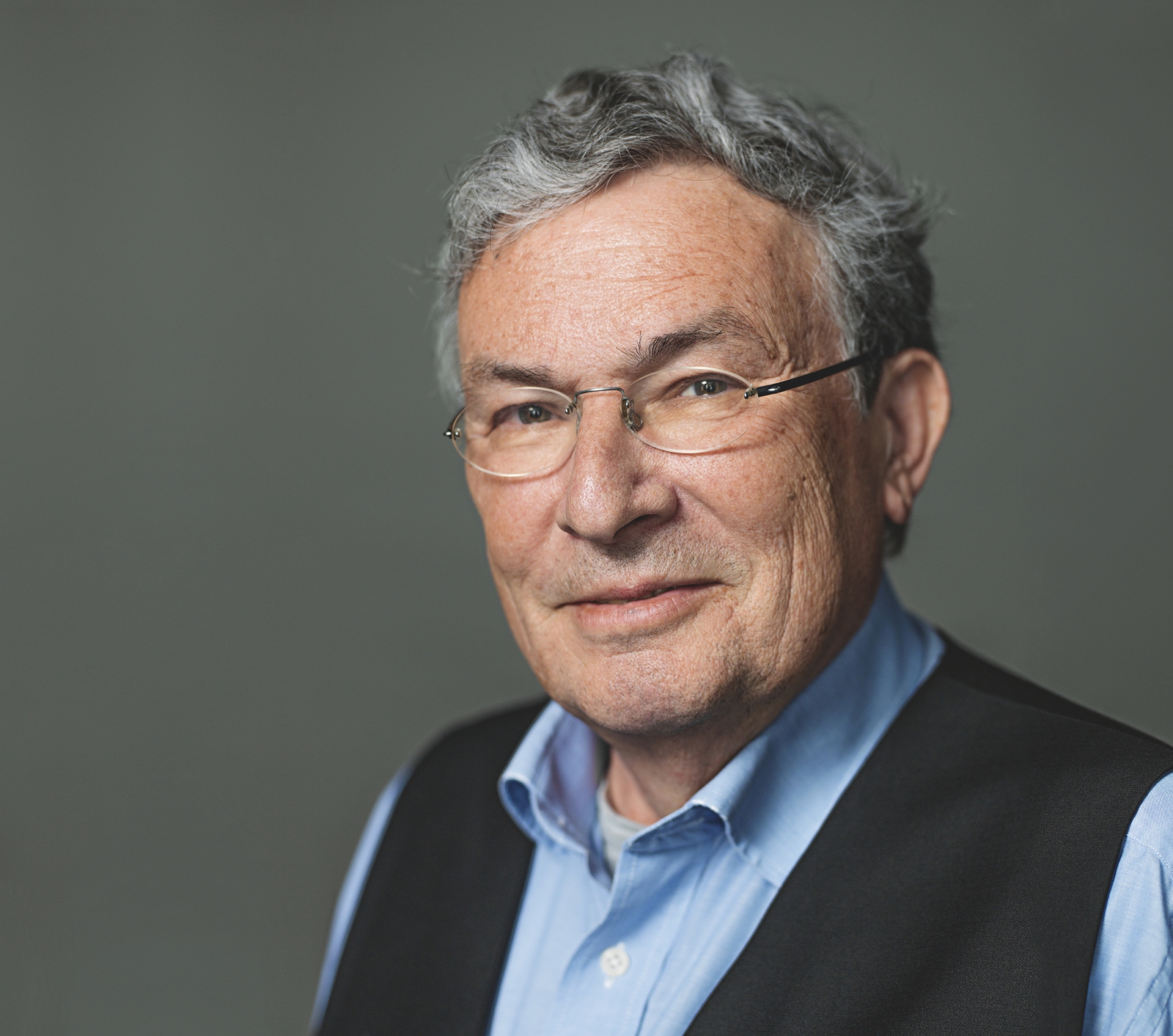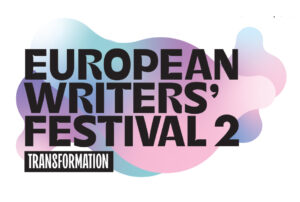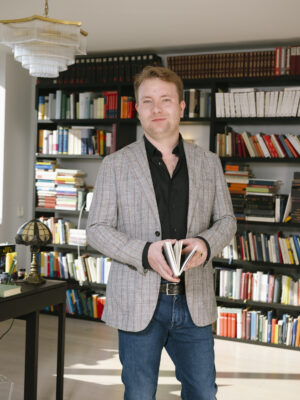Charles Lewinsky is becoming impatient. Not only has lockdown been a hindrance, but an operation on his shoulder has left him unable to write, or at least unable to write prose. ‘I had my right arm completely blocked for about six weeks, which meant I couldn’t type,’ the author tells me when we meet over Skype just before his 75th birthday. ‘But I have a stick to write on my tablet, letter by letter. I was in rehab and it was so boring that I decided to write a play, just to amuse myself.’ The play, he tells me, concerns an old lady in an old people’s home who receives a visit from a young man claiming to be her grandson. Except that he turns out not to be her grandson, and she isn’t who he thinks she is either. It’s a theme that recurs throughout Lewinsky’s work. ‘I love that. I love writing about impostors. They often appear in my books.’
Given the approaching ‘big’ birthday, it seems like a moment to look at the career as a whole. Charles Lewinsky started his career in theatre, but enjoyed enormous and unexpected success as a songwriter. ‘There is a yearly competition in Germany, Switzerland, Austria for popular songs in the local style. Really old-fashioned stuff, polkas. And with the very first song lyrics I wrote, I won that bloody thing. Which was an incredible money-maker. It sold hundreds of thousands of copies. It never interested me in the least. If I had to, I could still do it. I can write you any lyric you like in half an hour.’
Switching from theatre to television, he has written over 1000 television programmes (‘I stopped counting at one time’), including an adaptation of Hancock for Swiss television (he has amusing stories to relate about writer Alan Galton’s visit to Zurich in his Rolls Royce to witness the Friday-evening studio shoot), it occurred to him that ‘you can’t do that any more, you’re going to be a rich idiot’. ‘Proper’ writing beckoned, with television continuing in parallel. ‘I remember one day I was working downstairs on the floor, and my son came down on a Sunday morning, and he said, now you’re completely crazy, you’re working on a Sunday. And I said, and I wasn’t joking, “I’m not working, I’m writing a novel.”’
‘The thing for me is to find the right language. You will never find two books of mine that have the same language.’
Charles Lewinsky
Each novel has started with a voice. ‘The thing for me is to find the right language. You will never find two books of mine that have the same language. For example, a book I’m sure you’ve never read’ – I had the good fortune to translate it – ‘Melnitz, has these long, complicated sentences and an omniscient story-teller, and the omniscient story-teller has a lot of time to formulate his thoughts.’ Melnitz, published in German in 2006, is the saga of a Jewish family in Switzerland, beginning in Endingen and Lengnau, the two villages where Jews were permitted to live between the 17th and 19th centuries. (The villages, incidentally, only a half-hour drive from Zurich, are still very much worth visiting, for their houses, which are very much as described in the novel, and the synagogue, cemetery and mikve, or ritual bath-house.) The novel was hugely successful, winning prizes in Switzerland and abroad. It remains a best-seller in Holland, for reasons that we’re not entirely clear about, and established Charles Lewinsky as a major Swiss novelist. More success followed – Gerron (2011), the invented biography of real-life Jewish actor Kurt Gerron, co-opted by the Nazis to make a film about life in the Theresienstadt concentration camp, which won the Swiss Book Prize; Kastelau (2014), a novel constructed from imagined documents, about a German film crew stranded in upper Bavaria at the end of the war.
‘You see some things more clearly if you exaggerate. Caricatures can be more similar than reflections.’
Charles Lewinsky
There have also been what might be termed side projects, like the series of warnings from the future collected in Schweizen (20143), snapshots of what Switzerland might become were it to drift rightwards, for example, or succumb to some horrific kind of hyper-capitalism. In the preface to that small volume Lewinsky writes: ‘You see some things more clearly if you exaggerate. Caricatures can be more similar than reflections.’ The ideas explored in Schweizen are further developed in the thriller Wille des Volkes (Will of the People), a dystopian novel set, again, in a future Switzerland that has adopted the politics of the far right. In that novel people play a computer game set in medieval times, and this in turn gave rise to Lewinsky’s most recent and highly successful novel, Der Halbbart (Halfbeard) (2020). This 700-page epic is set in the Canton of Schwyz in the 14th century, and revolves around the mysterious figure of the Half-Beard, a strange outsider with a mysterious background and disfigured features. The narrator, Sebi (for Eusebius), is a 14-year-old boy living in a village that is cleared by the local monastery just as the Habsburgs arrive and all manner of horrors and injustice ensue. Unfit for war, farming or the priesthood, Sebi develops great skill as a story-teller, hoping that his exaggerations will be found at least amusing, but startled to find that they are accepted as gospel. As the other village story-teller, known as Devil-Anneli, tells him after one such excursion, ‘That was a beautiful story, Eusebius. It will be told for a long time to come, and eventually it will be the truth.’ It’s a compulsively readable piece of Swiss picaresque, vivid and engaging, with hints of Grimmelshausen and of Daniel Kehlmann’s Tyll.
This novel seems to illuminate Switzerland’s distant origins. Was that the intention? ‘It all happened as part of the writing. I didn’t have the faintest idea where it was going to go. And I certainly didn’t know that that boy would be the central character. I thought the Halfbeard would be the central character. And I didn’t know that he wanted to be a storyteller. I didn’t know anything about him.’
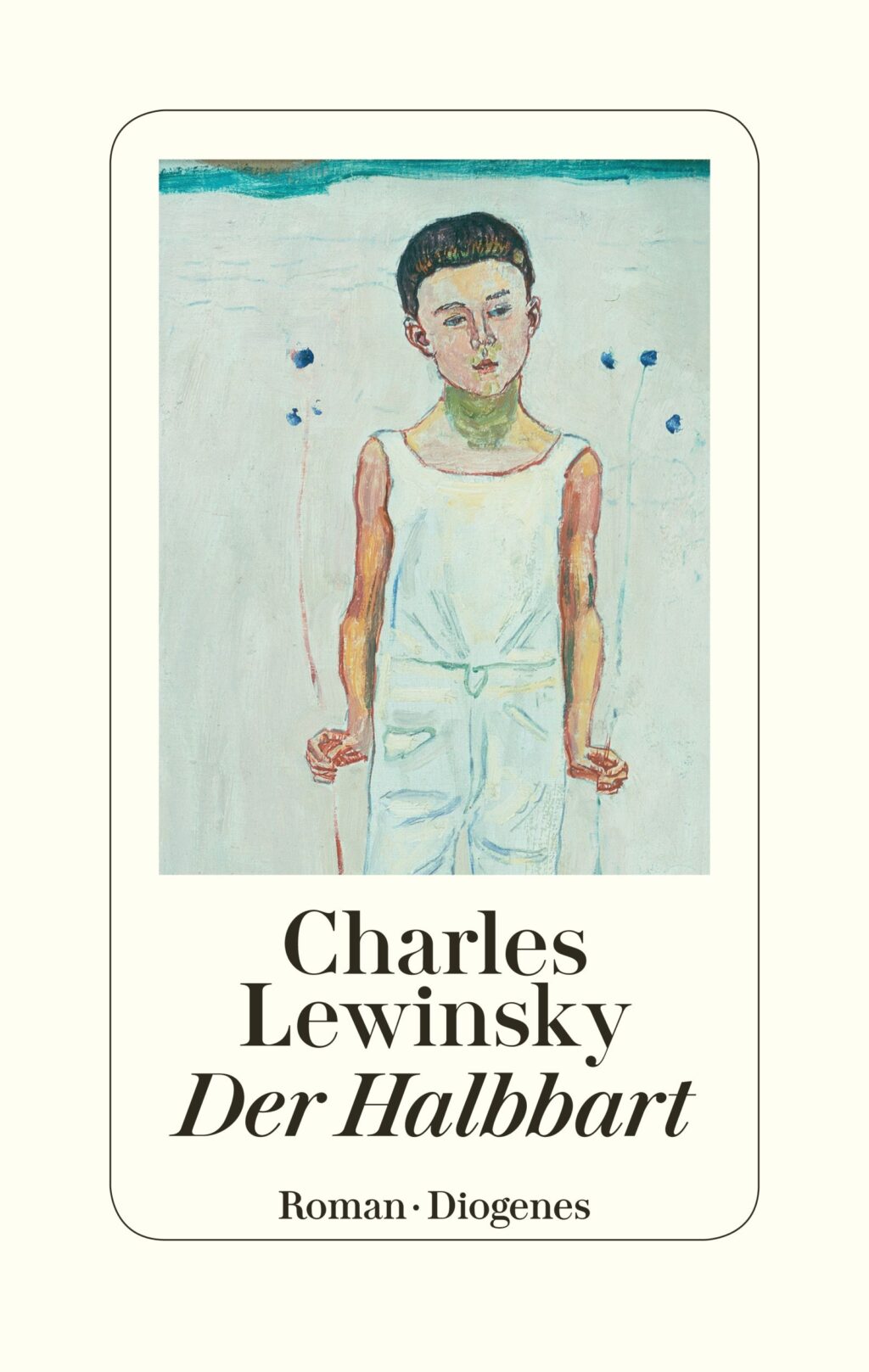
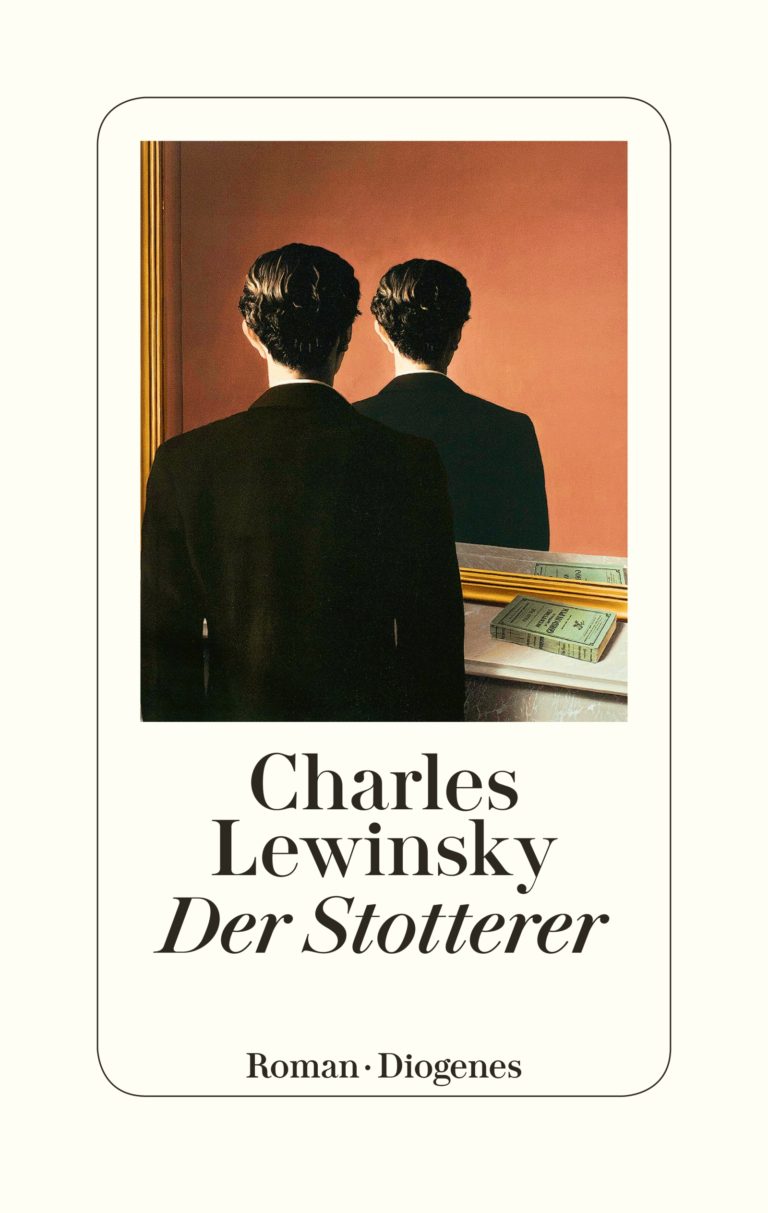
And yet the theme of story-telling very clearly runs through Lewinsky’s work. His 2019 novel Der Stotterer (The Stammerer) is again about a compulsive raconteur, an imprisoned con man who makes a name for himself as a fabulist, and skilfully adapts his narrative to match his listeners’ expectations. Charles Lewinsky is a master story-teller, drawn time and again to the themes of narrative and falsification, and fascinated and delighted by the unexpected avenues that his stories lead him down, as if impelled by a life of their own. On the downside, the Coronavirus has put paid to a big birthday bash he had planned for his 75th, a reading in a theatre of words that have never appeared in a book – ‘For example, I wanted to read them the very first of my texts that was ever shown on TV. That was sixty years ago. I had the singer who performed the folk song that won the international competition. But that’s not going to happen.’ But does he, as many people might, feel like slowing down a little as he approaches three-quarters of a century? ‘I’m getting faster. I’ve extricated myself from everything, so that I can just concentrate on writing. That’s the most fun for me. I’m having more and more fun.’ And long may that continue.
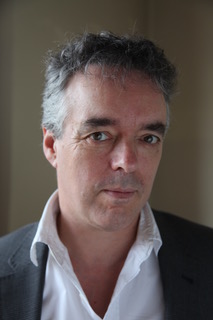
Shaun Whiteside is a translator from German, French, Italian and Dutch. His most recent translations from German include To Die in Spring by Ralf Rothmann and Time of the Magicians by Wolfram Eilenberger.
He translated Lewinsky’s Melnitz, published by Atlantic Books in 2015.
Charles Lewinsky photograph Serge Höltschi / © Diogenes Verlag
Lewinsky novels seeking English-language publication
Two of Charles Lewinsky’s books benefit from guaranteed financial assistance for their translation into English. The books are coming of age story Halfbeard and The Stammerer, a story about a con man who finds himself in jail following a careless slip-up.
Halfbeard made the longlist for the German Book Prize 2020, as well as the shortlist for the Swiss Book Prize 2020. It is a novel that reads with the engagingness of a Netflix series. Although the novel is firmly anchored in the fourteenth century, some of its qualities – Halfbeard’s lessons about humanity – are both timeless and timely. The richness and depth of Lewinsky’s narrative guarantee its appeal to a broad readership.
The Stammerer is narrated by con man Stärckle from his prison cell via a series of letters, diary entries, short stories, and chapters from a memoir. The story is told with great wit and humour; Stärckle is a fan of wordplay, and tongue-in-cheek biblical allusions abound. He is cut from the same cloth as fascinating anti-heroes Tom Ripley or Saul Goodman: clever, evasive, charming, and with just enough vulnerability and humanity to keep readers on his side.
A third book, Kastelau was also chosen by the jury. Described by us as a ‘cinematic tour-de-force that is by turns gripping, amusing, and startling’, it tells the story of the film crew of a major Nazi propaganda film who leave Berlin just before the end of the Second World War, on the pretext that they need to shoot some exterior scenes in an Alpine setting. In reality, they each have their own reason for this flight from Nazi Germany – from escaping the draft to avoiding detection as a homosexual.
It is outside the five-year window for guaranteed assistance, but it would be worth interested publishers discussing the likelihood of support with ProHelvetia.
To coincide with Charles Lewinsky’s 75th birthday, Diogenes has re-released several books by Lewinsky, as well as a new book in which the author reflects on his own writing.

